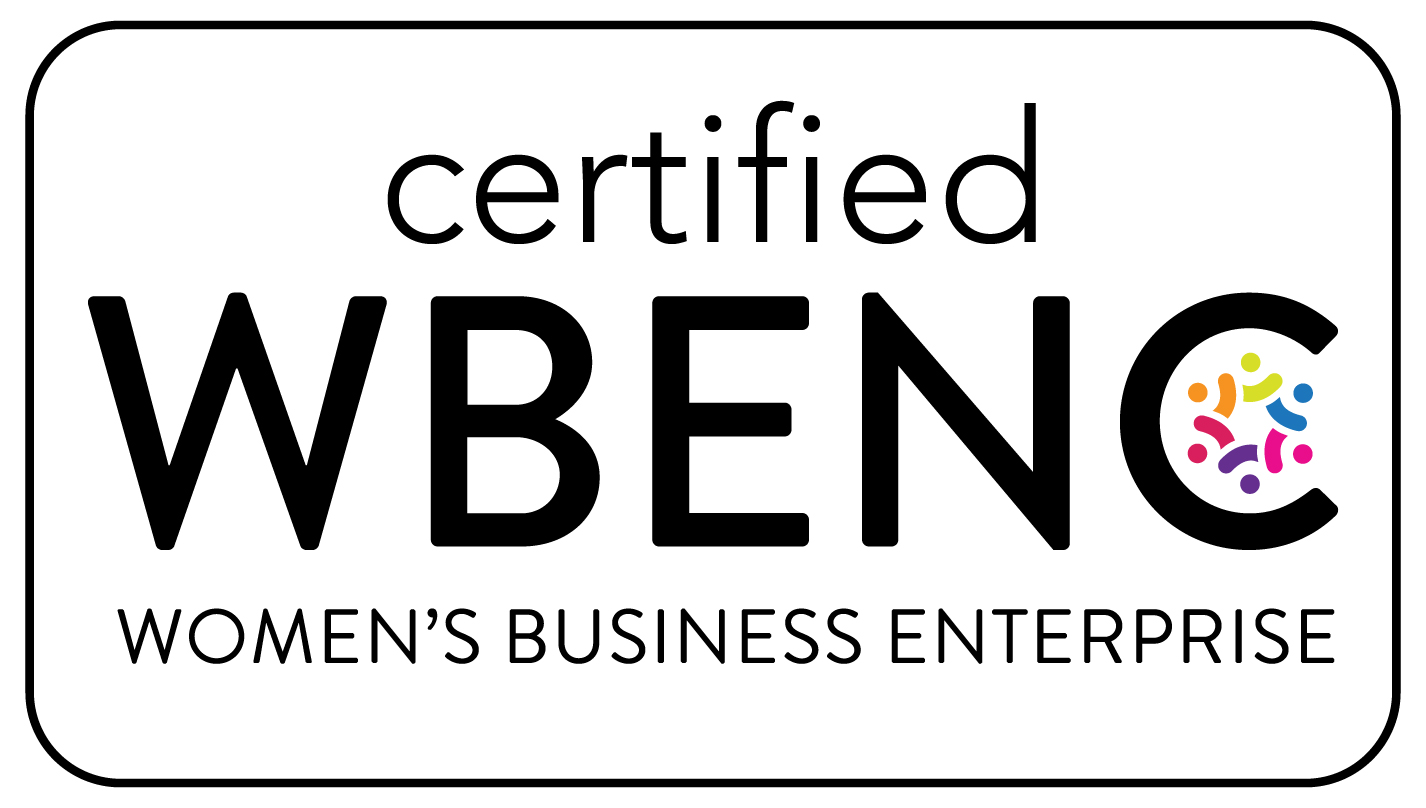In this blog series we will go through the primary points of a purchase agreement, the related documents, discuss what each of these deal elements means, why it’s there, and what Buyers and Sellers may want to consider when negotiating the deal. The documents and provisions may not be applicable in every deal, and they may sometimes have different names or organization, but these represent the documents and deal points we address in the majority of the deals we see.
Follow along as we work through a hypothetical transaction or watch this space for specific deal elements, you’d like to learn more about. As always, don’t hesitate to contact us at Stock Legal to discuss your plans for buying or selling a business.
Fixed Fee M&A - CONFIDENTIALITY AGREEMENTS
By the time you’re serious enough about buying or selling a business to start talking to lawyers and other advisors, you’ve probably had a range of informal discussions and back of the envelope calculations to get an idea of how you’d like the transaction to work. Preparation for sale of a business can take years — sometimes an offer comes up and the pieces fall together in weeks. Once the offer arises, it’s time to start getting your plans and agreements into writing.
A Confidentiality Agreement is a common starting point for the “formal” phase of a business purchase. Stripped to essentials, a Confidentiality Agreement is a contract between the potential buyer and potential seller to keep certain information confidential as they work through the transaction, and to only use that confidential information for the purpose of evaluating the transaction. For most participants, this makes intuitive sense: the buyer needs an opportunity to look around under the hood, and any seller is going to want that information kept in confidence —after all, no business owner wants the financial details of a bad year, or the drama of an employee dispute aired publicly.
It may appear that the risk and responsibilities of a Confidentiality Agreement are on the buyer, with the benefits favoring the seller. Astute business owners will recognize, however, that a potential buyer has a lot to gain in a Confidentiality Agreement. For example, when it is common knowledge that a business is for sale, customers, vendors, and employees tend to get skittish about their long-term relationship with the company. Important customers start making other plans. Sales and other employees may shift focus to functions that benefit them in the short term. Key management may be snapped up by competitors. Additionally, potential buyers often want to avoid competition by keeping other possible buyers out of the discussion.
All of that to say, keeping information private between the potential buyer and seller is a fundamental and valuable feature of the Confidentiality Agreement. There are, however, ways that the parties can get a lot more mileage out of their Confidentiality Agreements than just keeping things quiet, so resist the urge to print the first Confidentiality Agreement Google turns up and figure that secrets are secrets. A Confidentiality Agreement can contain a number of other important features that provide additional protections to both parties, frame issues, and, ideally, establish a relationship of trust and respect between the parties as they enter a process that can test the comfort level and patience of even the most seasoned business owners.
The most important consideration goes hand in hand with confidentiality: permissible uses of confidential information. When you consider that the buyer of a business is often another player in the same industry and market as the seller, it becomes clear why this is important. If the potential buyer has access to the seller’s processes, customer lists, marketing channels and financials, that buyer has gain a significant competitive advantage. To protect against this, Confidentiality Agreements often contain limits on the permitted uses of confidential information — typically requiring that information be used only in evaluating and conducting the proposed transaction. Such protections encourage candor and full disclosure by giving the potential seller recourse in the event confidential information is used for an unauthorized purpose.
Retaining key employees through the sale of a business is typically a goal shared by the buyer and the seller. In the early stages of a transaction, employee retention is usually more critical to the potential seller. A non-solicitation agreement is a common feature of the Confidentiality Agreement that helps alleviate the seller’s concerns and, again, facilitates the free flow of critical business information to potential buyers. A non-solicitation agreement typically prohibits the potential buyer from recruiting key employees away from a seller.
- Prevent Potential Buyers from Joining Forces
If a seller has more than one potential buyers, an “anti-clubbing” provision is also a useful feature. This will prevent potential bidders from joining together, helping to keep their offers competitive and to keep a level playing field during deal negotiations.
In addition to keeping information crucial to the transaction confidential, both buyer and seller will also often want to keep information about the transaction out of the public eye. In addition to the reasons for privacy discussed above, the parties typically want to control the narrative about the change of ownership and control how the newly owned company is introduced to the public. A Confidentiality Agreement will often limit any discussion of the potential deal to between the parties and their advisors, ensuring that the parties have control of how information about the deal is disseminated, both to affected parties lie employees, and to the public at large.
Conclusion
Even though a Confidentiality Agreement may be the first thing you sign, it shouldn’t be the first thing you think about in buying or selling a business. We strongly recommend you spend some time drafting your roadmap so that you can develop a Confidentiality Agreement that is aligned with your entire plan and will continue to offer value as you move through the rest of the steps of your transaction.










